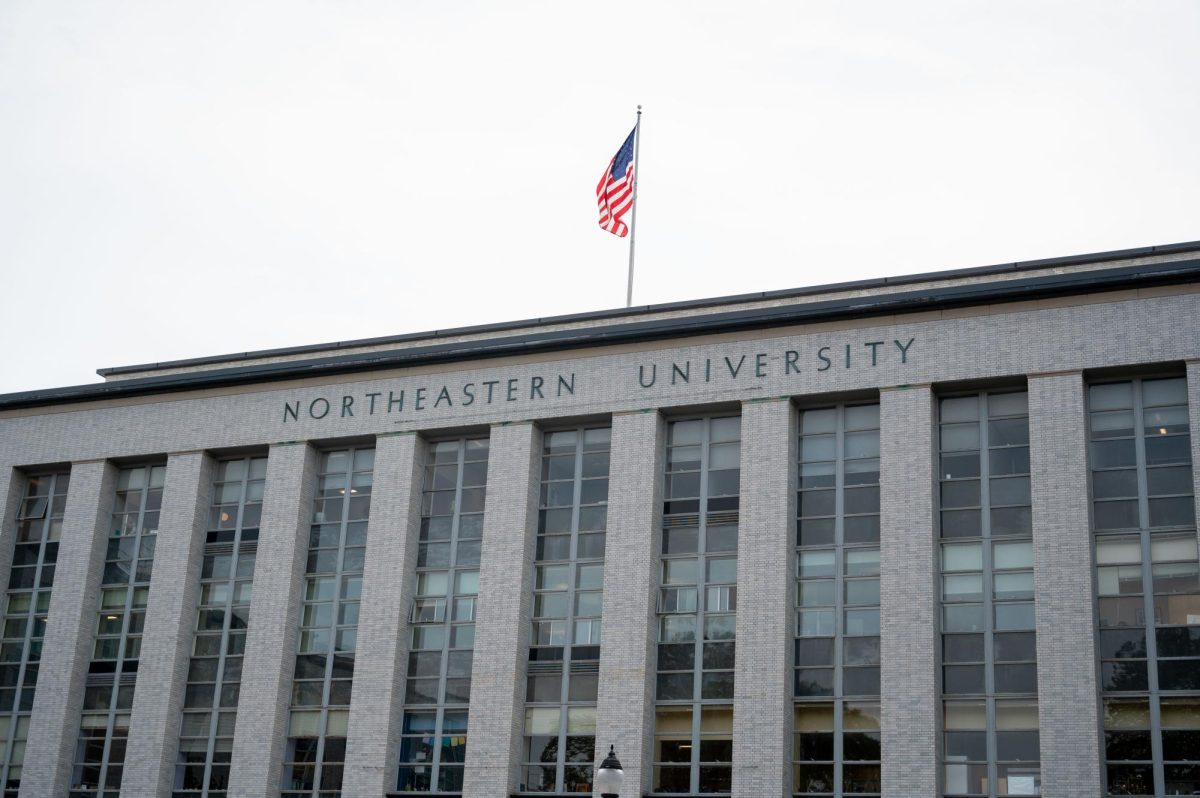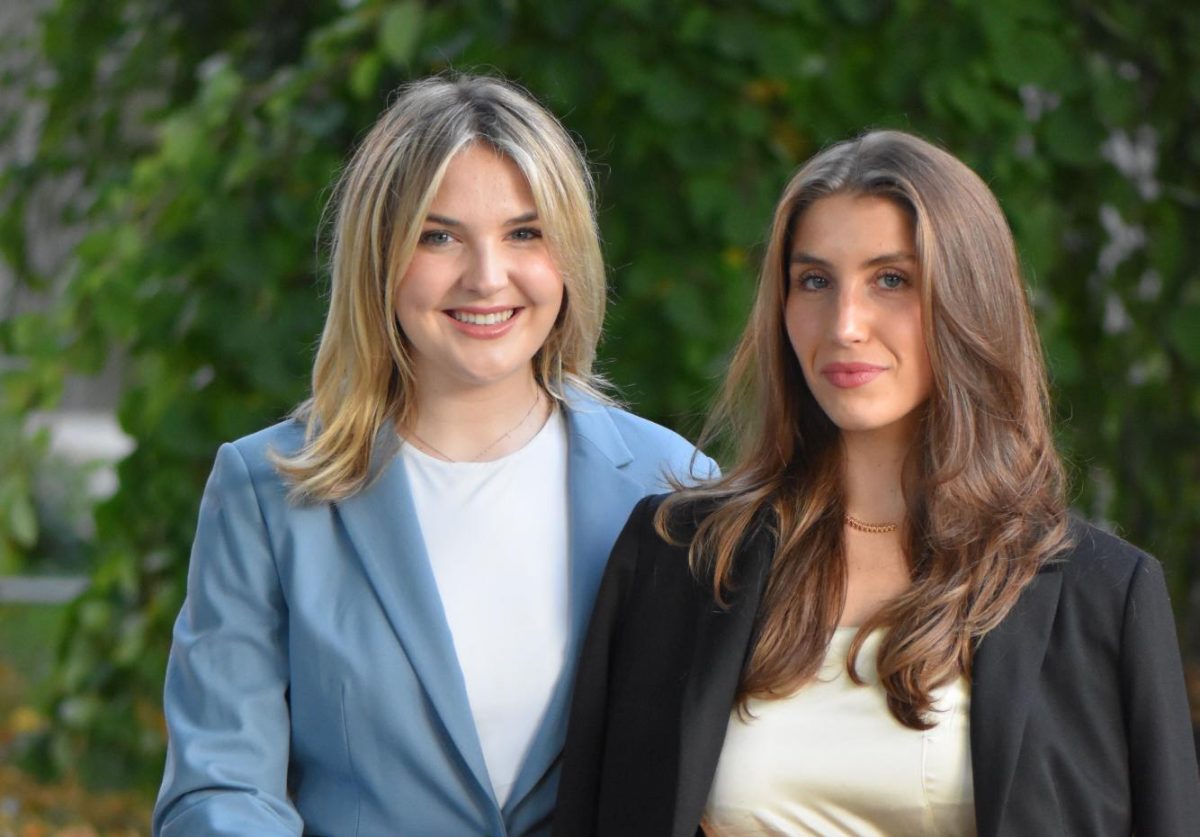
Watching the NHL’s first overall draft pick Sidney Crosby put up three points against the Bruins the other night, I noticed he wore #87.
It’s somewhat of an unusual number, so I began to wonder what caused him to choose it. (Don’t ask me why I think about these things; sometimes I wonder if Pythagoras is a distant ancestor of mine. An ancestry thinned again and again by Irish whiskey, but a possible ancestry nonetheless.)
While obsessively checking my fantasy hockey team – yes, I jumped on the bandwagon and drafted him – I found the answer: he was born 8/7/1987.
After feeling strangely satisfied at the fact there was actually a reason behind this, it began to sink in that he was born on Aug. 7, 1987. I’m more than two years older than a professional hockey player, and what have I done with my life? Completed college writing? Landed this lame column?
What would it be like if we broke down all social norms and every profession operated the same way? And if that included Northeastern athletes, for example, being able to co-op with pro and semi-pro teams? Or if I wrote an entire column containing a series of questions?
Acknowledging that the world of sports and entertainment are quite a different reality than, well, most anything else, it would be an interesting prospect if other professions drafted employees out of high school or college. Pharmacies and engineering firms are practically on the verge of it already. They recruit fresh students with what are essentially signing bonuses like it’s some kind of harvest. It’s happening to students right here at Northeastern.
I’d like to see what would happen if some of the big pharmacy chains just went ahead and made things an all-out competition. CVS would get the number one draft choice, because, let’s face it: they’re losing the battle (I worked at one for four years; they don’t have an original business model, not to mention they’re based out of a place called Woonsocket). Then Brooks would follow with the second, Walgreens the third, etc. Pharmacy students could participate in pre-draft workouts, displaying their ability to accurately fill prescriptions at one station, then to deal with Vicodin-starved whack-jobs at another. The top draft choices would get all the best drug endorsement deals, of course.
NHL teams often draft players out of high school and let them go to college before actually moving on to the pros. That could happen, too. Those ASVAB, ACT and SAT tests could actually be worth something in that case, helping to choose who’s capable for what job.
It would certainly be interesting to see Major League Baseball teams placing already drafted college players on 40-man rosters in September as well. I’m sure the other players would love a new reason to find themselves in the company of college girls.
No matter how many situations one can dream up like this, though, they always seem unrealistic. Why, then, can players like Crosby in hockey or LeBron James in basketball compete at the highest level in their field when someone who shows an aptitude in mathematics needs a degree to do the same as an accountant?
It’s somewhat of a tired argument about age restrictions in professional sports, but I think it would be better if players needed that college degree. A B.A. in ballin’, if you will. I have no problem with athletic scholarships because there are certainly academic ones too.
I don’t think it would be bad for professional sports, either. They’d have crops of players who already have fans from their colleges and more polished talent coming in. These days college grads that averaged over 20 points per game as a senior playing basketball at a school of Providence’s caliber (i.e. Celtics rookie Ryan Gomes) can wind up drafted 50th while Stephon Marbury’s unproven 18-year-old cousin can be a lottery pick.
So how about it, sports? I’d like to see things run more like a profession than a circus.
– Tim Coughlin can be reached at [email protected].









